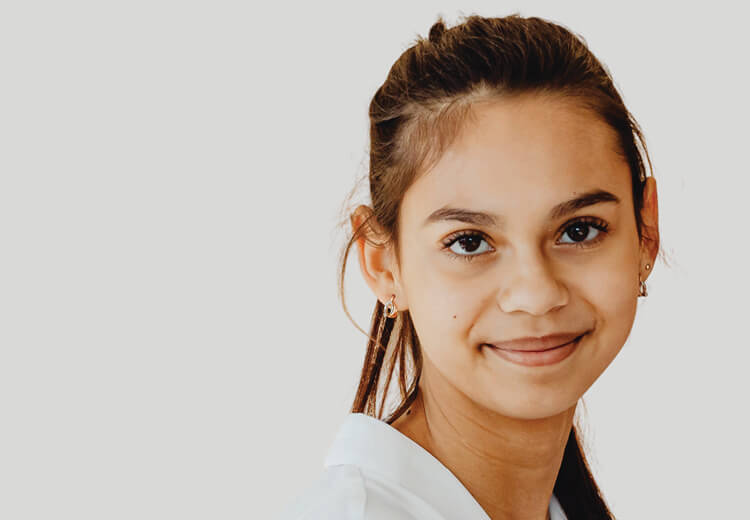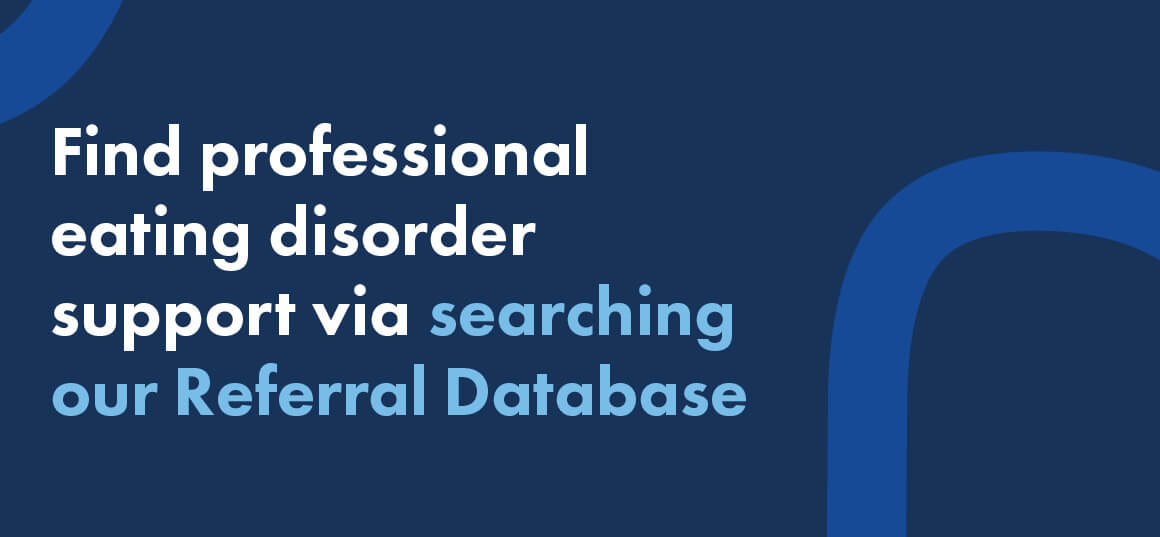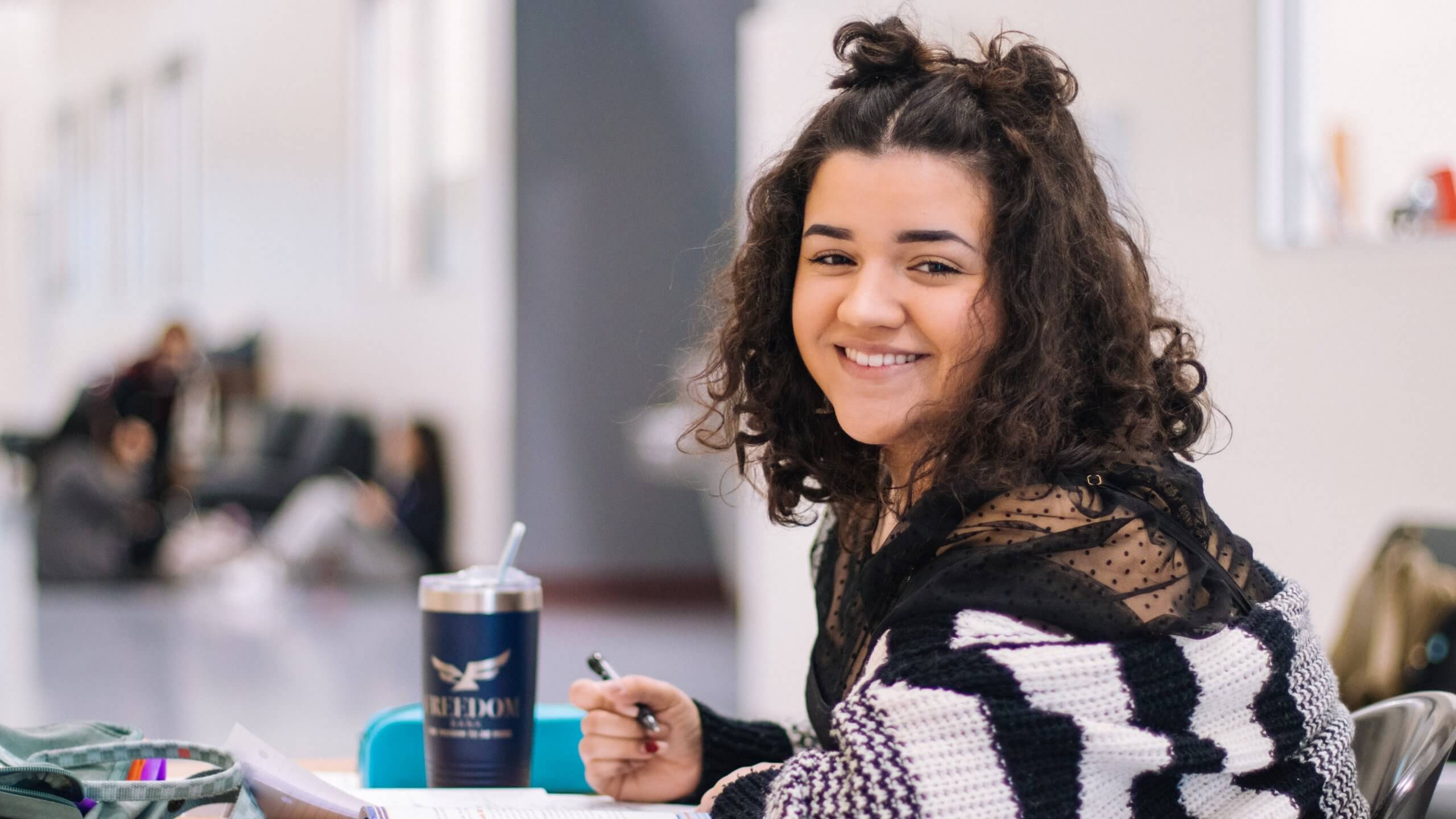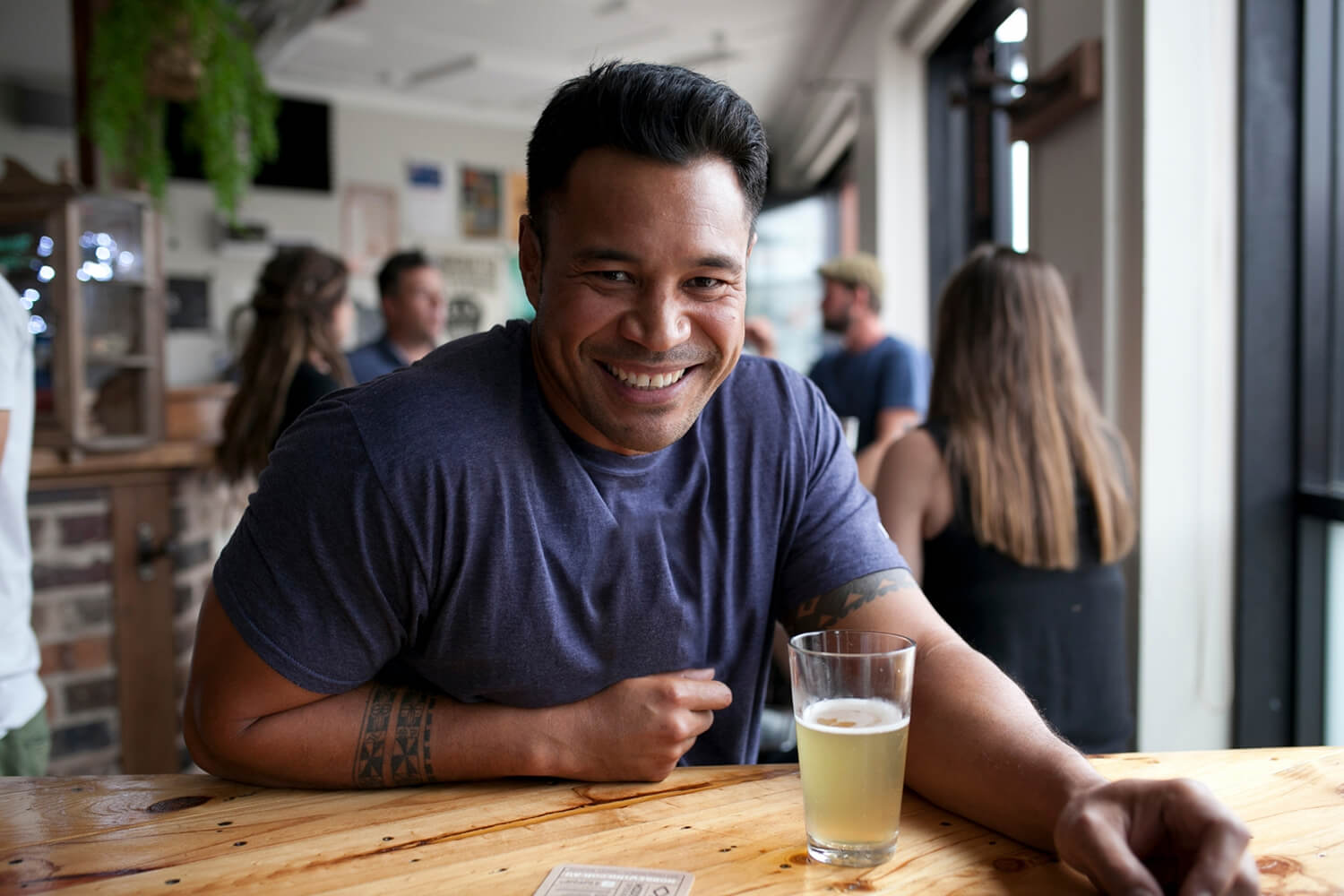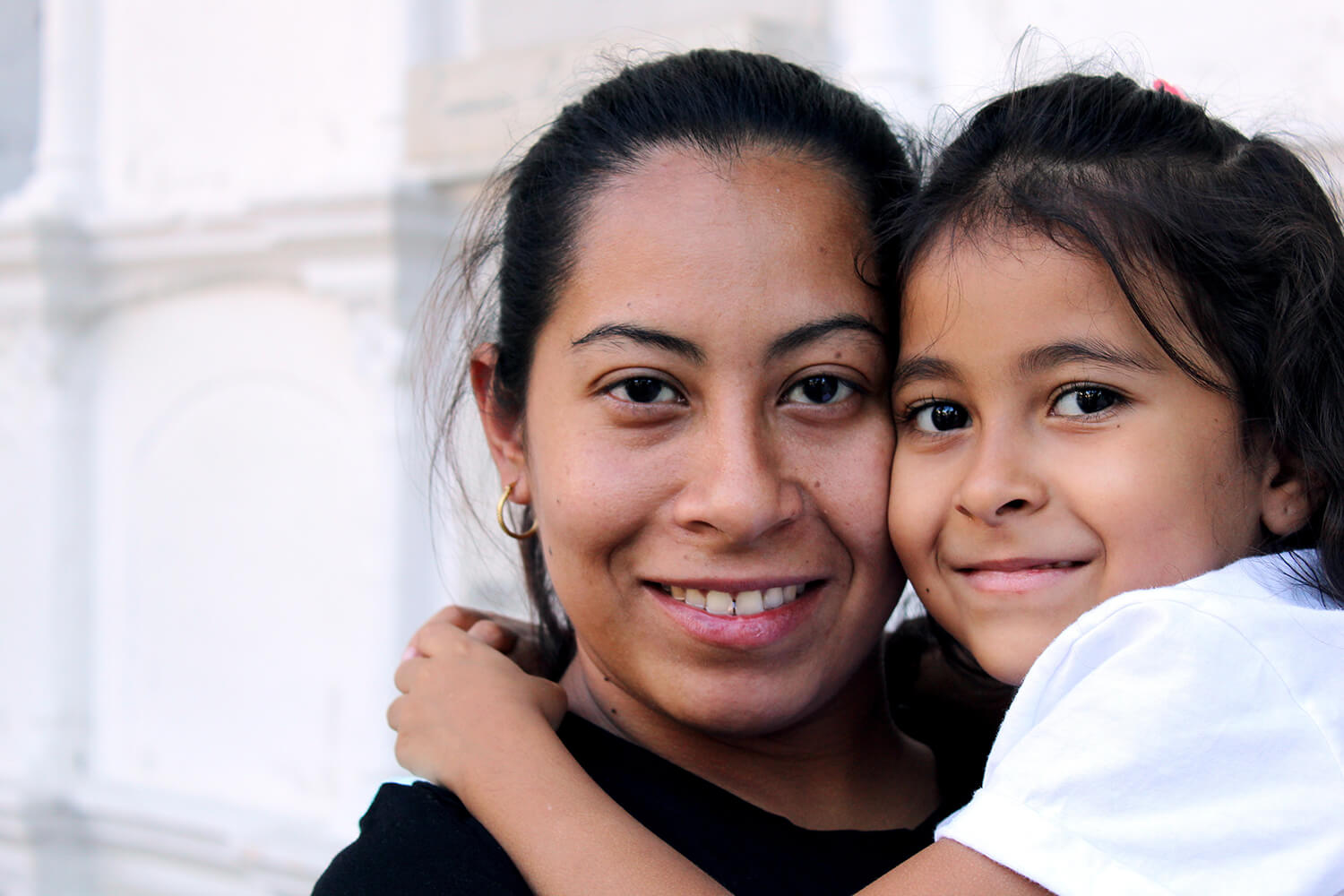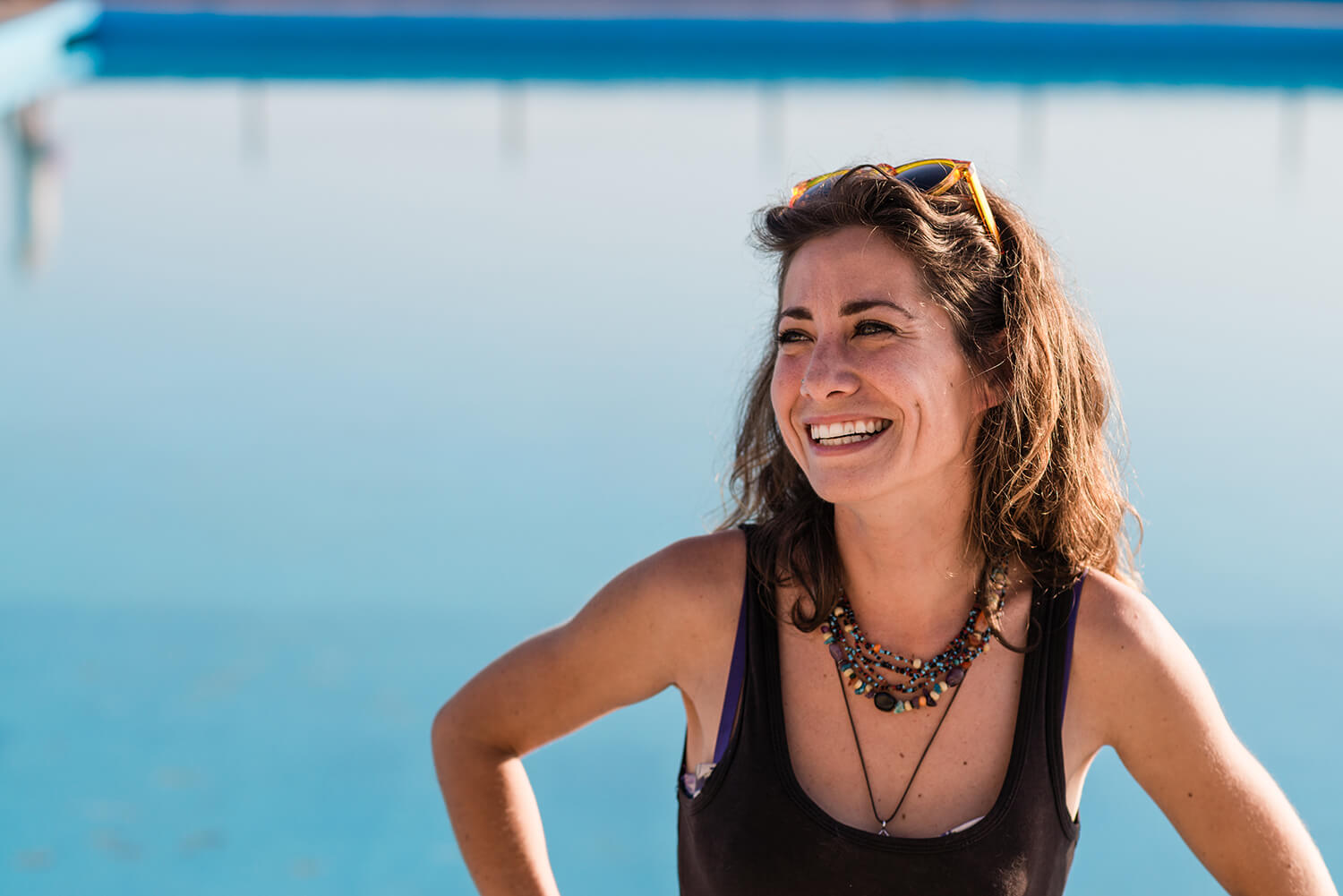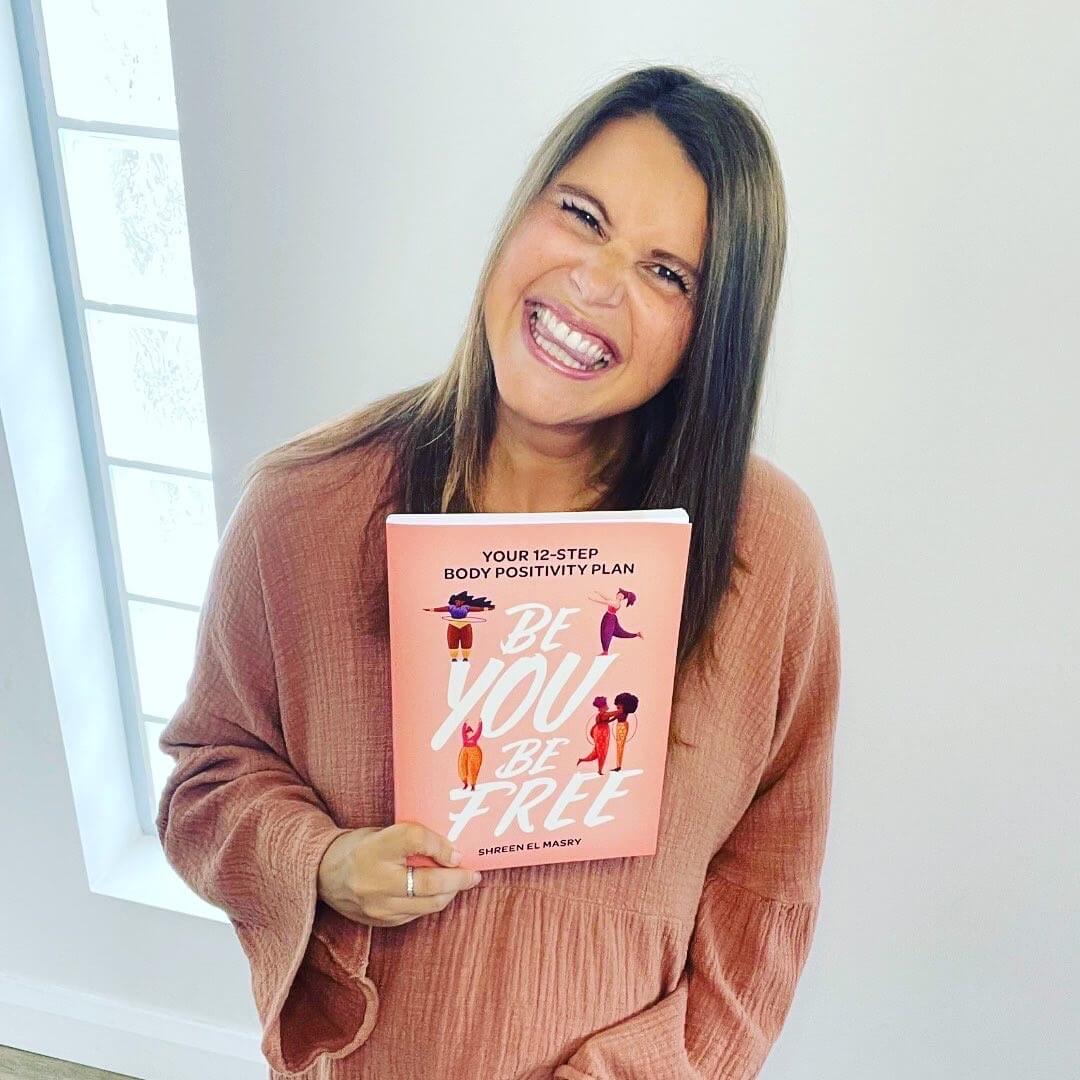From eating disorder patient to dietitian – Korey’s story
When I was in treatment for my eating disorder many years ago, dietitians felt like the most threatening health professional in my team.
I felt this way because it was very clear to me what I was expected to talk about – food, eating and making intentional changes to both these things. The one area I felt I some had control over in my life.
At one time, I despised seeing my dietitian each week. Fast forward 8 years later, and I am now sitting on the other side of the table. I am the eating disorder dietitian.
In honour of Dietitians Week this year, Monday 20th – Sunday 26th March 2023, with the theme of #DidYouKnow #DietitiansImproveLives, I wanted to bring attention to the important role that dietitians play in eating disorder recovery. But for starters, I also want to explain what ED dietitians are NOT and break some stereotypes and common misconceptions that often deter people in recovery from including a dietitian in their treatment team.
Now, as Dietitians, it is not our job to be “the food police”. We are not just that professional handing out prescriptive meal plans, worshiping the food pyramid and watching you eat meals. Whilst we are often known for these things, which can be important parts of working with a dietitian across various settings, is it not solely our duty to tell you what, when and how to eat.
During my time in treatment for my eating disorder, I worked with dietitians across both the inpatient and private settings and observed vast differences in their approaches and values as clinicians.
It is important to note that the specific role of an ED dietitian is largely influenced by the treatment setting and the philosophy of the service, but a big part of what we do is support people with eating disorders to meet their nutritional needs for recovery; including how often and how much to eat, but also variety among food groups and nutrients, and eating in different social settings.
Why is this so important? Eating disorders are mental illnesses that require psychological support to challenge dysfunctional thoughts and develop alternative coping skills.
But, a starved brain cannot effectively participate in therapy. Enter the dietitian! Part of our purpose is to support re-nourishment, one of the crucial first steps of recovery, for the best opportunity to change thought processes and overcome disordered eating.
Whilst dietitians differ from psychologists, there is a cross over between the work we do. Dietitians recognise that there are many physical and psychological barriers to having a healthy relationship with food and your body, and therefore a lot of my work in a private practice setting is also what we call ‘nutrition counselling’.
This includes things like discussing eating behaviours, fear foods and food rules, dysfunctional thoughts patterns and healthy coping skills, weight and growth goals, dispelling nutrition misinformation and myths, consideration of movement, and education on appetite and how digestion works.
However, this information can be challenging to absorb until someone starts to fuel the body and mind.
Across all treatment settings, it is very important to work collaboratively with both the client and the rest of the treatment team to ensure everyone is equally involved and feeling supported.
My passion for becoming an eating disorder dietitian came from working with a private practice dietitian during my recovery. I was very apprehensive to start seeing a new clinician at the time, but soon built a strong and trusting connection with them. A big part of my struggle in the past had been not feeding my brain enough to fully comprehend my health professional’s reasoning.
As a result, I was ambivalent. Gaining the mental capacity to learn and understand the “WHY” behind a lot of my treatment first required me placing full trust in my dietitian and my meal plan. Our work together challenged me a lot but was crucial for me to make progress towards my overall physical and mental recovery.
My ED recovery inspired me to help others achieve the same. Making strong and meaningful connections with my clients has allowed many to go on to lead happy and fulfilling lives free of an eating disorder. I’m incredibly proud to work as a dietitian, a valued member of multidisciplinary team and people’s recovery journey, as we ultimately support positive outcomes across all other areas of eating disorder treatment.
If you are seeking a dietitian to support you in the community, you can find a dietitian near you through:
- Telehealth counselling/services through Eating Disorders Victoria, Eating Disorders Queensland, Eating Disorders Families Australia
- Online databases through The Butterfly Foundation Database, Connect.ed – Professionals Credentialed in Eating Disorders, HAES Australia; Verified Provider Directory
- Speaking with your General Practitioner or existing members of your eating disorder treatment team
Unfortunately, there has been a dramatic surge in demand for eating disorder services in Australia since the pandemic and there are wait periods in almost all treatment settings. If you or someone you know would benefit from eating disorder support, some current options include:
Peer mentoring, online support groups, carer coaching, community based services through The Butterfly Foundation, Eating Disorders Victoria, Eating Disorders Queensland, Eating Disorders Families Australia
Written by Korey Baruta (APD,CEDC).
Korey Baruta (she/they) is a Non-Diet dietitian and founder of Nutrition for Every Body. Korey is passionate about helping people of all shapes, sizes, identities and abilities to develop a healthy relationship with food, their mind and bodies.







